Who, What, Why of FYSPRT
Family, Youth, System Partner Round Table
The who, what, and why of being a part of your regional and/or local FYSPRT groups.
WHO are the FYSPRTs?
Washington State Family, Youth, System Partner Round Tables (FYSPRTs) provide a forum for families, youth, systems, and communities to strengthen sustainable resources by providing community-based approaches to address the individual behavioral health needs of children, youth, and families.
This means we:
- Come together as families, youth being served, and the systems who serve those youth
- Work together to strengthen the services within our community to better support the families and bring about lasting change
- Share with the Statewide FYSPRT what is happening directly within our community and what our strengths and challenges are
WHAT do the FYSPRTs Do?
FYSPRTs serve as an integral part of the Children’s Behavioral Health Governance Structure that was adopted within the T.R. et al. v. Strange and Birch (originally Dreyfus and Porter) Settlement Agreement and informs and provides oversight for high-level policy-making, program planning, decision-making, and for the implementation of this agreement, including the implementation of Wraparound with Intensive Services (WISe).
This means we:
- Use the Tri Lead Model (Family, Youth, and System Reps) to ensure all voices have equal stake and authority
- Bring individual, unique voices together to ensure the state knows our successes and where the gaps in service may be, as well as our suggestions around improvement
WHY should I be a part of the FYPSRTs?
Through respectful partnerships, families, youth, systems, and communities collaborate, influence, and provide leadership to address challenges and barriers by promoting cohesive behavioral health services for children, youth and families in Washington State.
This means we:
- Have a place to be heard, learn, find common ground, remember I am not alone, and help facilitate change within our community
- Build Bridges between: families and system partners who may not understand each other's perspective, the community and residents, and the state and it's communities
- Can help identify the gaps in service within our community and ensure the policy makers are aware of the unique needs of our community
Join the Conversation
Please call or e-mail us and we’ll be happy to assist you.
